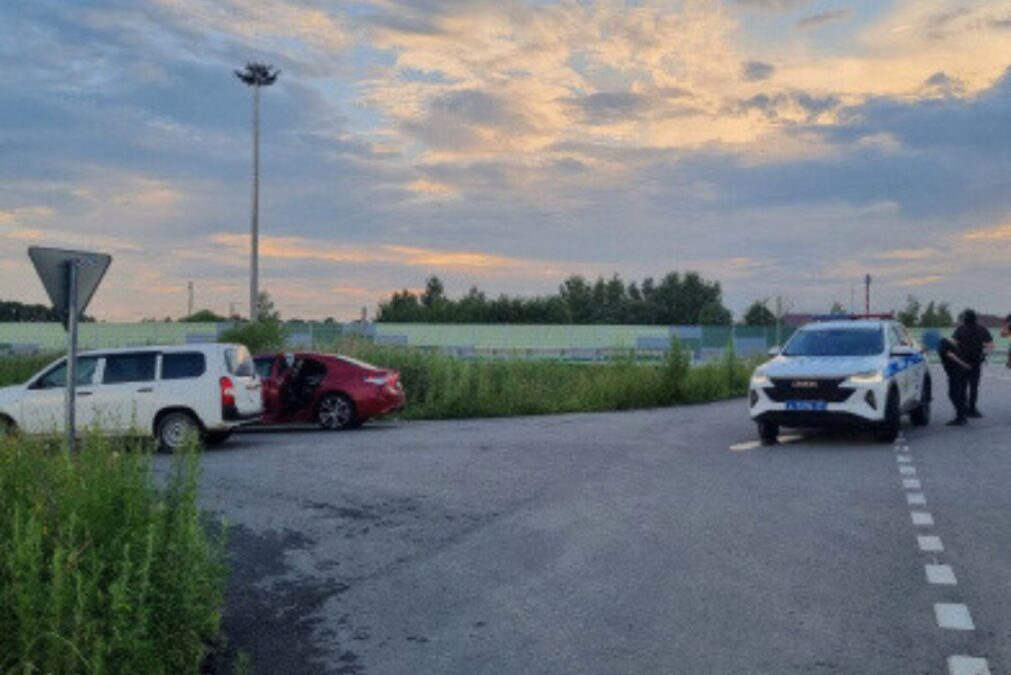Khabarovsk Man Caught Trying to Illegally Sell Black Caviar

Khabarovsk, Russia – A 40-year-old man has found himself in legal trouble after police intercepted what appeared to be a black-market sale involving nearly 20 kilogrammes of black caviar, one of the most valuable and protected foods in the world. Officers from the Ministry of Internal Affairs had been monitoring the suspect.
Black caviar is more than just an expensive snack; it’s at the heart of a global environmental disaster.
Officers from the Ministry of Internal Affairs had been monitoring the suspect after receiving information about his involvement in the illegal trafficking of aquatic biological resources. In the Zheleznodorozhny district, their efforts paid off when they apprehended the man in the midst of a negotiation, reportedly displaying caviar containers to a potential buyer.
Police discovered 38 sealed half-litre containers of sturgeon caviar in the trunk of a hired foreign-made vehicle. The total weight was 19 kilogrammes. Police also took the suspect’s smartphone, which they think has information on suppliers or buyers.

The suspect claimed he had only discovered the items in the bushes moments before the police arrived. He also asserted that his friends in the car were unaware of what was in the trunk.

The authorities didn’t believe the story. The individual is currently under investigation for violating Article 258.1 of the Russian Criminal Code, which prohibits the capture and sale of protected animals, including aquatic species listed in the national Red Book.
The police are investigating the origins of the caviar, which has led to travel restrictions for him at this time. The entire batch has been secured in a safe location.
Why This Is Important: The Black Caviar Issue
 Black Caviar
Black Caviar
Black caviar is a rare luxury delicacy derived from the eggs of sturgeon fish, such as beluga, osetra, and sevruga. It is typically available only at high-end restaurants, during special events, and for select customers.
On the international market, high-quality beluga caviar can command prices exceeding $10,000 per kilogram.
But there is a darker truth underneath the glitz
Sturgeon are among the fish species most at risk of extinction. Illegal fishing, poaching, and the illegal trade of caviar have significantly reduced fish populations in the Caspian Sea, the Amur River, and other crucial habitats. This situation means it takes a long time for many species to recover and reproduce, which hampers their recuperation. The slow growth and reproduction rates of these species further exacerbate their decline.
Illegal trading continues to thrive despite the existence of worldwide laws and strict licensing. This is primarily due to criminal networks, which undermine global environmental protection efforts and jeopardise human health. Unregulated caviar could be improperly stored or contaminated, posing safety risks.
Law enforcement in Russia is still attempting to combat this shadow economy. The Khabarovsk case is just one of many examples, illustrating how vulnerable these old fish have become and how valuable their eggs still are. This case highlights the ongoing challenges in protecting these species and the illegal trade that surrounds them.
As the investigation continues, police are trying to find out where the seized caviar came from and how big the network is. If found guilty, the suspect could spend up to four years in prison.
Authorities emphasise that, despite fishing being an integral part of life in the area, trafficking protected species is illegal and detrimental to both the region’s reputation and its biodiversity.
The post Khabarovsk Man Caught Trying to Illegally Sell Black Caviar appeared first on Digpu News.
News